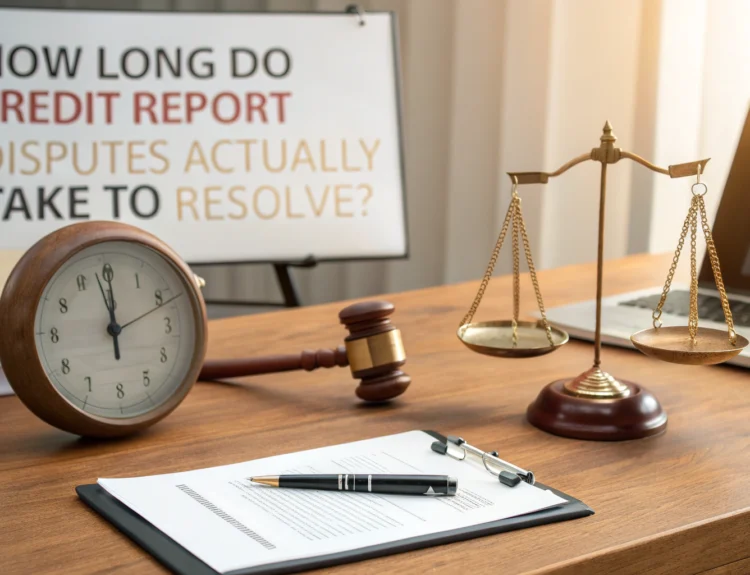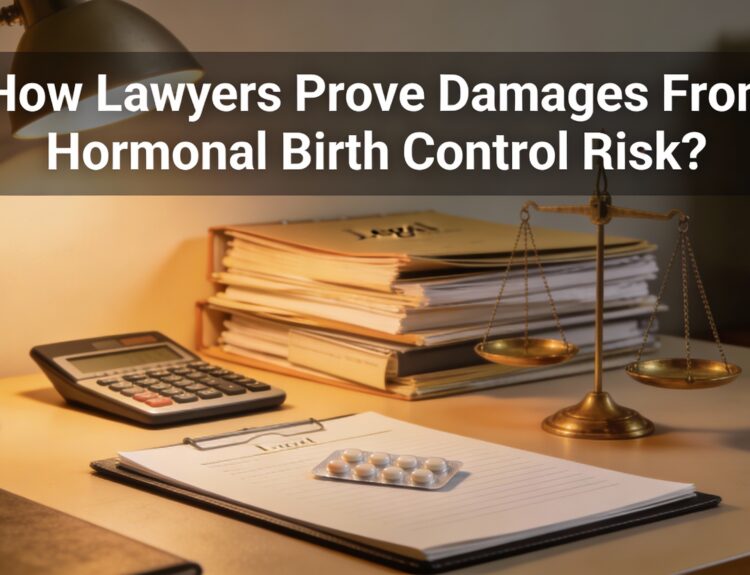In Singapore, couples who find their marriage no longer working have several options before formally filing for divorce. One of the most common legal arrangements they turn to is a deed of separation. It allows spouses to live apart while addressing important matters such as finances, property, and child arrangements, without immediately dissolving the marriage.
A deed of separation is a formal agreement that sets out the rights and responsibilities of each party during the period of separation. For couples considering a deed of separation Singapore, it provides clarity and structure for those who are not yet ready for divorce but want to protect their interests while living separately.
Contents
What Is a Deed of Separation?
A deed of separation is a legally binding agreement between two spouses who decide to separate without officially ending the marriage. It typically includes terms on child custody, maintenance, division of property, and financial support. While it does not legally end the marriage, it outlines how both parties will manage their lives independently during the separation.
This document can either be prepared privately with the help of legal professionals or formalised through a family lawyer to ensure it holds legal weight in court if required later. In Singapore, courts usually take the terms of a deed of separation into account if one party eventually files for divorce.
Why Choose a Deed of Separation?
Not every couple is ready for divorce. Some may prefer time apart to reflect, address emotional concerns, or consider reconciliation. Others may have religious or cultural reasons for avoiding immediate divorce. A deed of separation provides a structured way to live apart while handling shared responsibilities.
It also helps prevent conflict. When expectations are documented, such as who pays for what, who lives where, and how children are cared for, there is less room for disputes. This is especially important for the well-being of children, who benefit from consistency and cooperation between parents.
What Should Be Included in a Deed of Separation?
To be effective, a deed of separation should cover several key areas:
- Living arrangements: Specify who lives where and if either party will continue residing in the matrimonial home.
- Child custody and access: Detail who will have custody of the children and how visitation rights will work.
- Financial arrangements: Include maintenance for the spouse or children, how bills are shared, and arrangements for loans or debts.
- Division of property: Outline how assets, such as savings, investments, and personal belongings, are to be handled during the separation.
While drafting this agreement without legal help is possible, seeking professional advice is strongly recommended to ensure it is fair, enforceable, and future-proof.
How Long Can a Deed of Separation Last?
There is no specific legal time limit on how long a deed of separation can remain in effect. Some couples use it as a temporary arrangement before deciding on divorce, while others may remain separated for years without legally dissolving the marriage.
In Singapore, if the couple remains separated for three years with mutual consent or four years without consent, this period can be a valid ground for divorce. A deed of separation is evidence of the separation and the couple’s mutual understanding during this period.

Does a Deed of Separation Guarantee a Divorce?
A deed of separation does not automatically lead to a divorce. However, it can streamline the process if both parties later agree to dissolve the marriage. Courts often refer to the deed when deciding on custody, property division, or maintenance, provided it was entered voluntarily and fairly.
That said, either party can still challenge the terms during divorce proceedings. If a judge finds any clause unfair or not in the children’s best interest, they may revise or disregard those sections.
Do You Need a Lawyer to File a Deed of Separation?
While not mandatory, engaging a family lawyer is highly advisable when preparing a deed of separation in Singapore. A lawyer ensures the document is clearly written, legally sound, and aligned with the Family Justice Courts’ expectations.
Legal support also ensures that your rights are protected and the agreement is less likely to be contested later. In cases where negotiations become difficult, your lawyer can help mediate and achieve a balanced outcome.
Conclusion
A deed of separation offers couples in Singapore an alternative to immediate divorce, providing structure, clarity, and space to decide on the future of their relationship. It’s a valuable tool for managing financial responsibilities, child custody, and daily living arrangements while maintaining a legal marriage status.
Whether you’re considering separation as a step toward divorce or simply need time to reflect and reorganise, consulting a family lawyer and drafting a fair, detailed agreement is the best way to protect your interests. In challenging emotional times, a deed of separation gives couples the breathing room to move forward with mutual respect and understanding.




